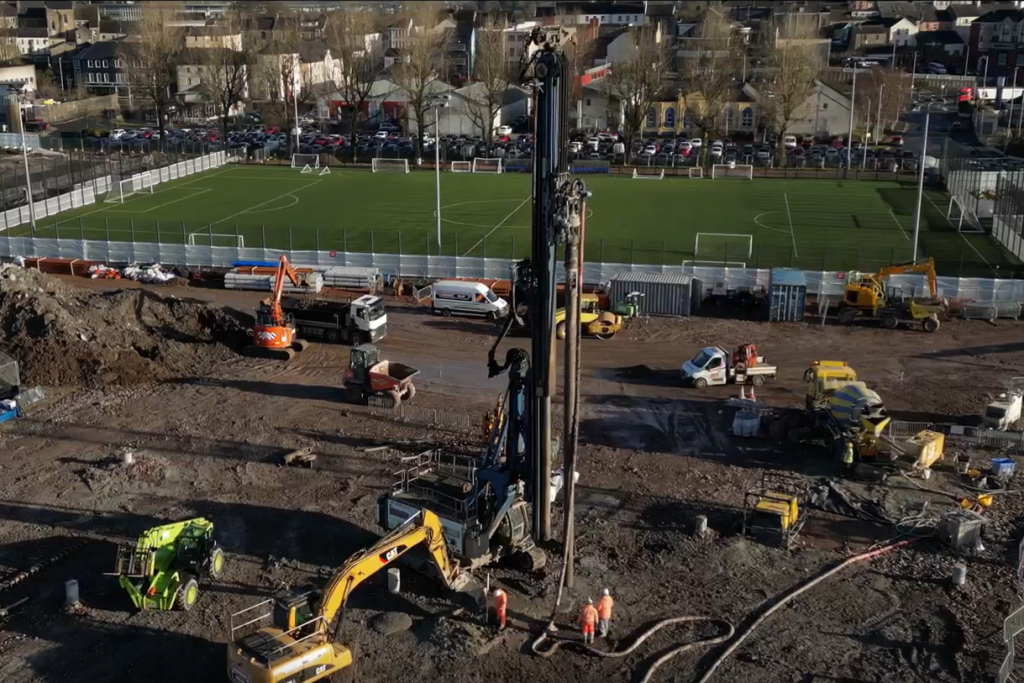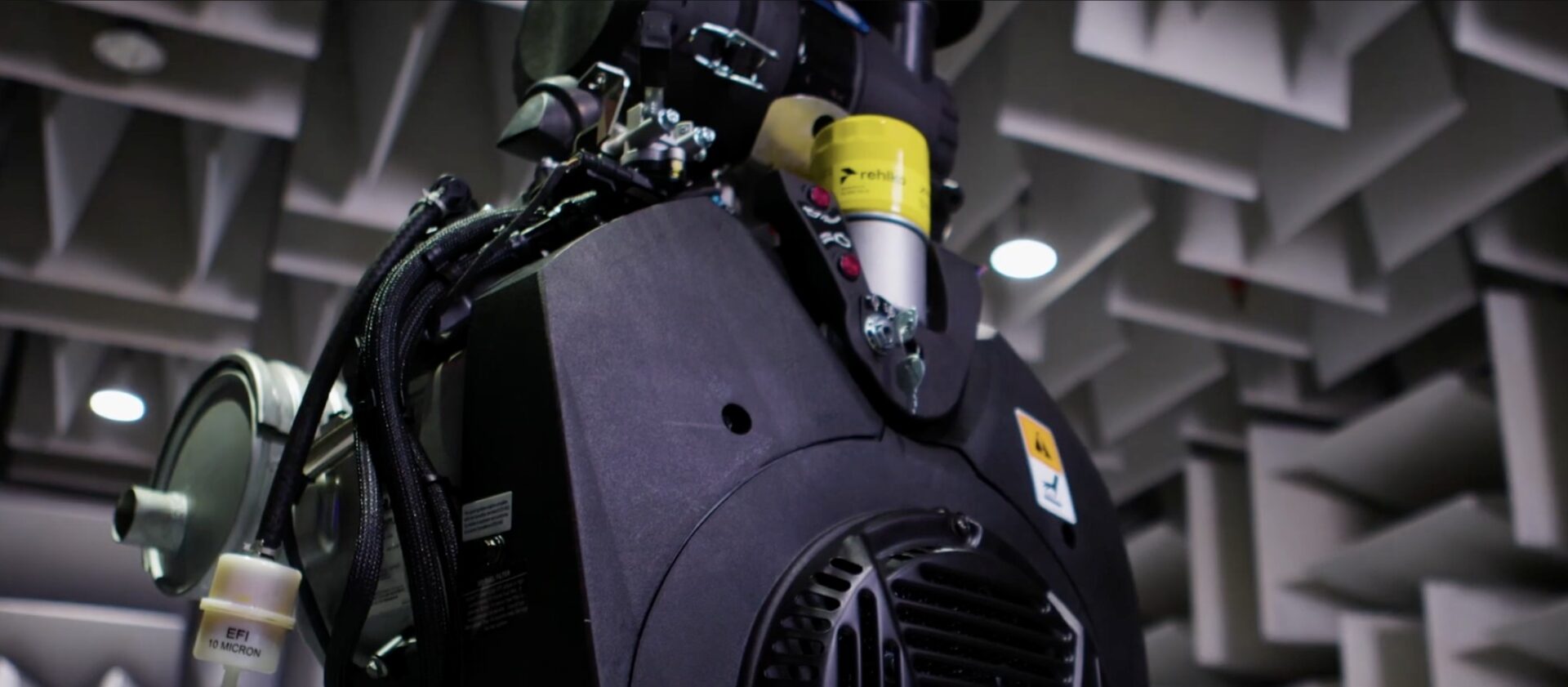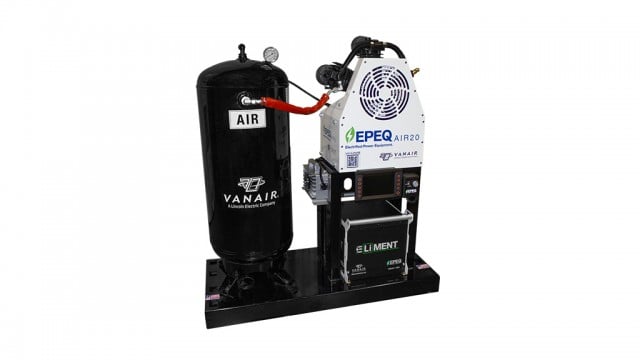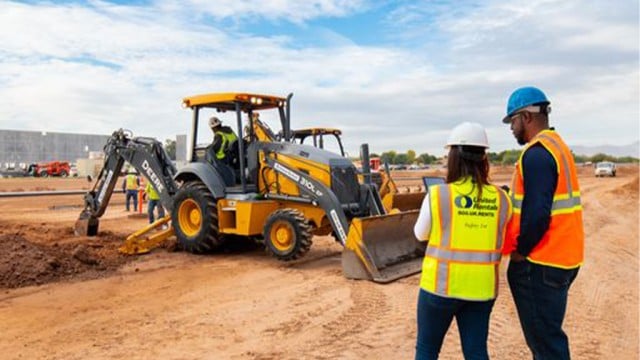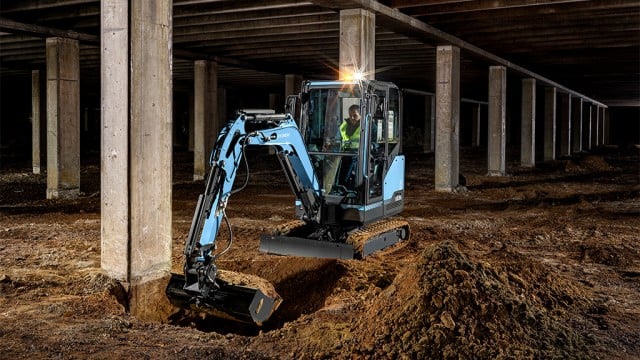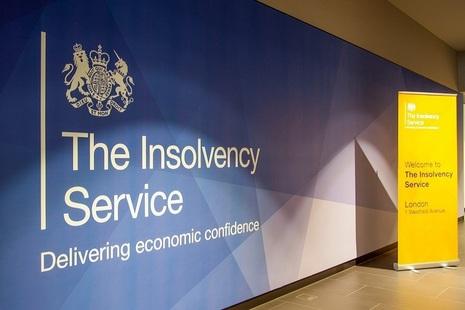NYC to Test Electric Construction Equipment in New Pilot Program
The application deadline for manufacturers is March 10, and finalists will be selected in April.

New York City, aiming to cut down on pollutants and reduce noise, wants to collaborate with manufacturers of electric construction equipment to test their equipment on jobsites.
The Clean Construction Innovation Pilot launched February 7 to try to foster collaboration among the Mayor’s Office of Climate & Environmental Justice, the Office of Technology and Innovation and manufacturers that lend their machines to the city for testing. The city is also soliciting applications from manufacturers of charging infrastructure, such as hybrid generators and mobile batteries.
The pilot will investigate the viability of electric light-, medium- and heavy-duty machines on city-run projects. Over two to six months, officials will evaluate factors including battery life and charging times, ease of use and reductions in noise and air pollution. The application deadline for manufacturers is March 10, and finalists will be selected in April.
Equipment listed for the pilot include boring machines, concrete mixers, excavators, loaders, tractors, skid steers, telehandlers, scissor lifts, backhoes, cranes, compactors and dump trucks.
Evaluation points listed on the program’s website for viable equipment include the following:
- Hours of operation and battery life duration in varying weather conditions.
- Ability to complete standard tasks and operations.
- Charge speed, project workflow alterations, cost premiums.
- Ease of use, helpfulness of training (if necessary), worker satisfaction, safety.
- Noise and air pollution reduction.
Paul Rothman, OTI’s director of smart cities + internet of things, strategic initiatives, says some light-duty electric equipment is already being used by city agencies and that electric machines like skid steers and excavators are where the city needs to get comfortable. He expects the city will receive a few dozen applications by the deadline and will pilot two to three of them.
The plan is to put the machines to work on jobsites over the summer and issue a report on the progress in the fall.
New York City has committed to requiring zero-emission construction sites by 2030, where the tech is available.

 machineryasia
machineryasia 